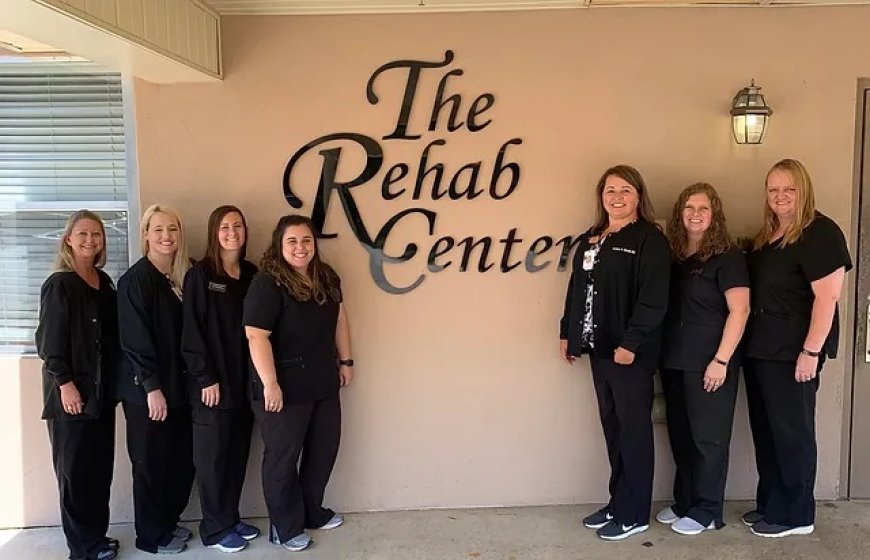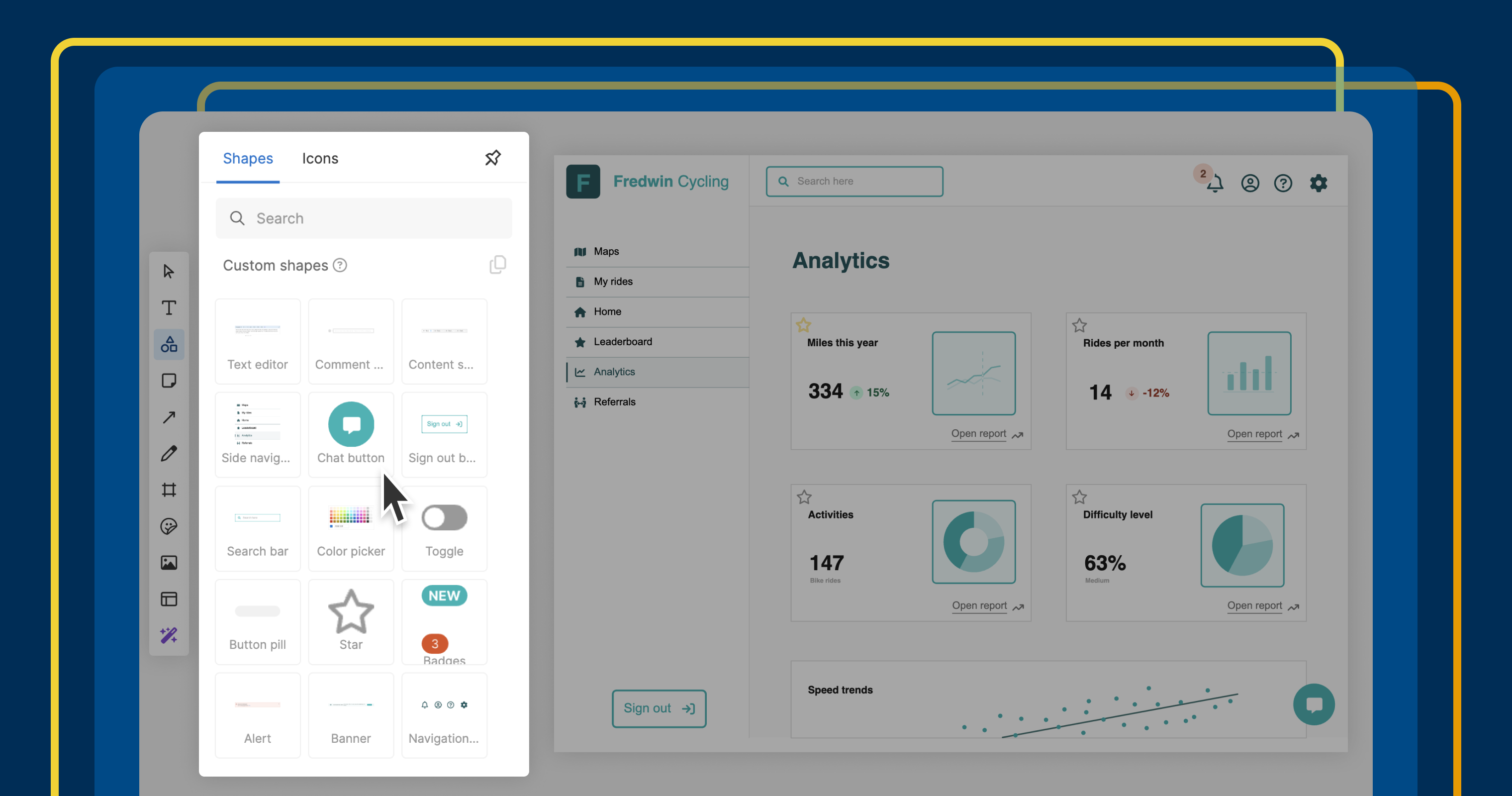Rehab Center Team Collaboration Is Essential
Team collaboration among healthcare professionals is of equal importance in patient success. When doctors, therapists, nurses, counselors and support staff all collaborate effectively with one another it leads to faster healing times, improved patient outcomes and a more supportive environment for all involved.

Rehab centers near me provide much more than medication and therapy sessions; team collaboration among healthcare professionals is of equal importance in patient success. When doctors, therapists, nurses, counselors and support staff all collaborate effectively with one another it leads to faster healing times, improved patient outcomes and a more supportive environment for all involved.
Why Team Collaboration Matters in Rehab Settings
Rehab centers specialize in helping those with complex physical, emotional, and psychological needs that cannot be handled solely by one specialist. Collaborative care ensures that each patient receives a tailored treatment plan tailored specifically for them that takes into account every facet of their condition.
Example of Collaboration between Therapists: A physical therapist might collaborate with an occupational therapist to devise a mobility plan, while psychologists and addiction counselors coordinate mental health support services. When each team member contributes their insights, care becomes more holistic and patient-centric.
Key Benefits of Team Collaboration
1. Improved Communication
Teams benefit greatly when they can exchange updates, ideas, and concerns that directly impact patient care. Regular meetings and electronic health records help make sure all members of a team stay aligned.
2. Rapid Problem Solving
Rehab patients frequently encounter setbacks or unexpected obstacles. A collaborative team can quickly respond by adapting treatment strategies and approaching issues from multiple angles simultaneously.
Patients feel more at ease when their care providers work collaboratively, which builds trust between providers and encourages them to remain committed to the recovery journey.
4. Reduced Staff Burnout
Working in isolation: Working in isolation can be isolating and tiring; team collaboration allows staff members to share responsibilities more evenly, providing staff support for each other and helping to prevent burnout. Here is How to Foster Collaboration in a Rehab Center
Collaborative environment: Using a collaborative environment doesn't happen by accident; it requires strategic planning and leadership to foster effective teamwork. Here are a few strategies to encourage effective teamwork:
Set Clear Goals: Establish shared goals that prioritize patient success to keep everyone on the same page and in focus. This can keep all parties involved aligned and focused.
Promote Interdisciplinary Meetings: Hold regular team check-ins so members can share updates, make adjustments to care plans as necessary, and celebrate progress.
Invest in Training: Provide ongoing training on communication, empathy, and teamwork to foster an integrated team culture.
Use Technology Wisely: Electronic health records, task management tools, and internal messaging platforms all serve to boost collaboration while decreasing miscommunication.
Conclusion
Alcohol rehab near me require each and every role to function successfully; when they work together through collaboration, the results can be life-altering. By cultivating an atmosphere of mutual respect and teamwork, rehab centers can deliver exceptional care while helping their patients reclaim their lives with dignity and hope.

























































































































![Are AI Chatbots Replacing Search Engines? AI vs Google [New Research]](https://www.orbitmedia.com/wp-content/uploads/2025/05/How-often-are-we-using-AI-chatbots_.webp)































